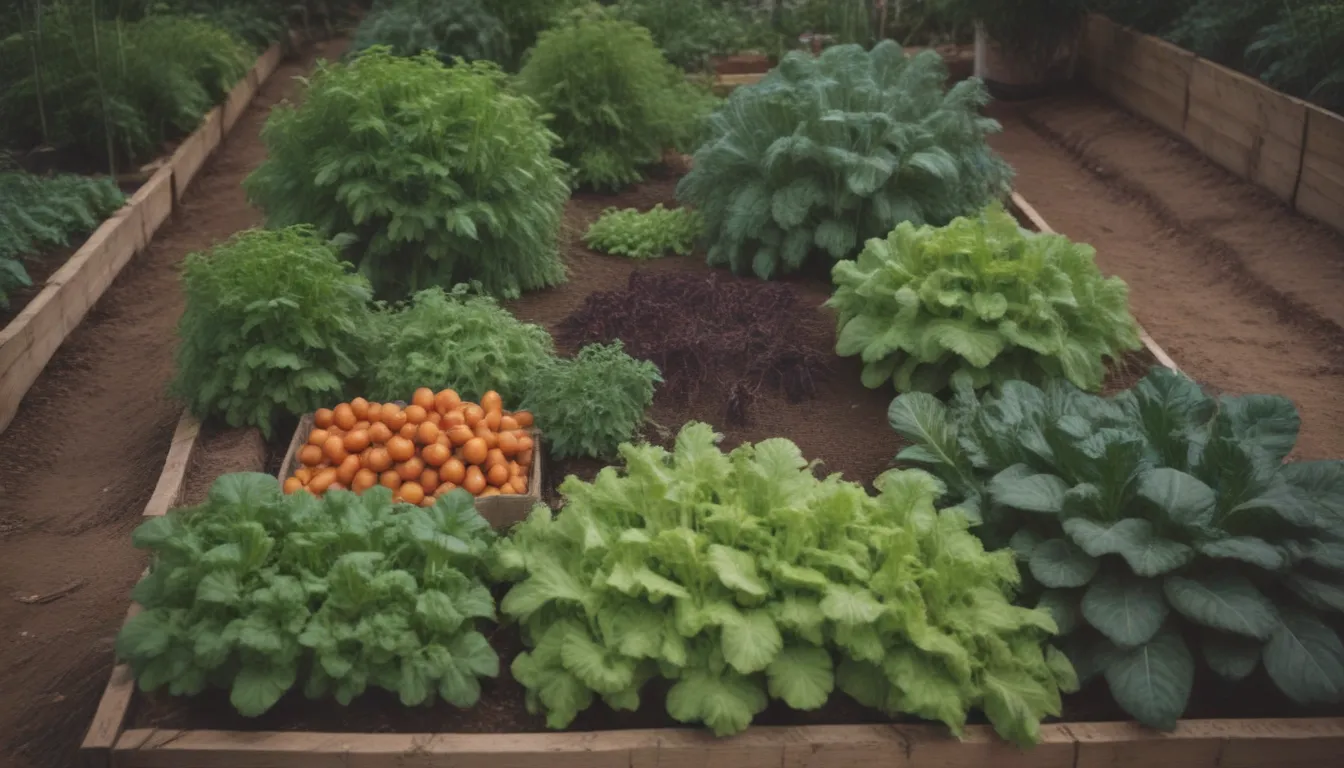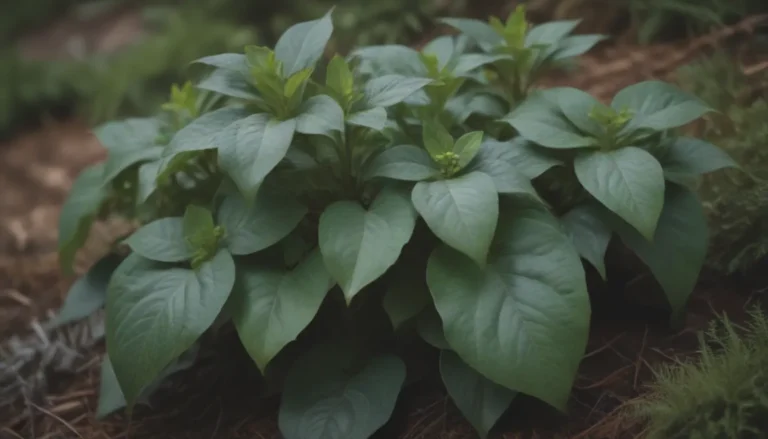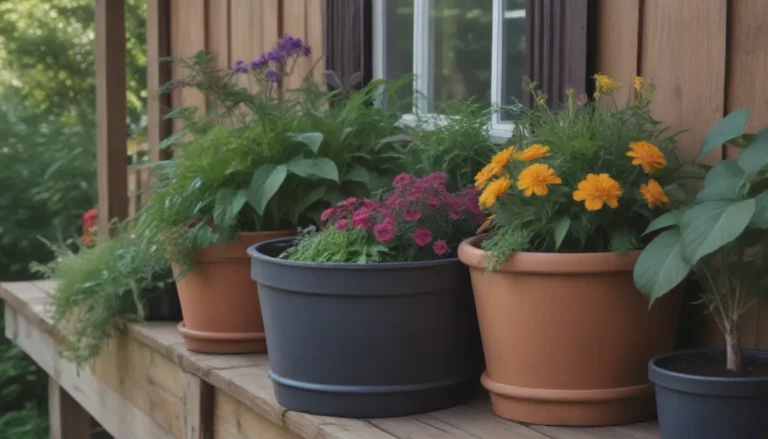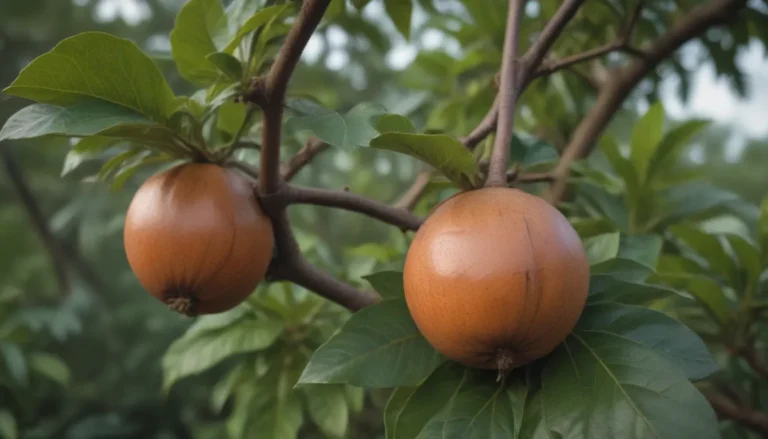The Ultimate Beginner’s Guide to Starting a Successful Vegetable Garden

Are you dreaming of a bountiful harvest of fresh vegetables from your own backyard but feeling overwhelmed by where to start? Don’t worry, even if you have never planted a seed before, you can still have a flourishing garden with the right guidance. In this comprehensive guide, we will take you through everything you need to know to start your very own vegetable garden successfully. So, grab your gardening gloves and let’s get started!
Why Start a Vegetable Garden?
Starting a vegetable garden goes beyond just growing food. It provides numerous benefits such as:
- Access to fresh and organic fruits and vegetables for your family and friends
- Learning opportunities about food production and sustainable living
- A rewarding hobby that allows you to connect with nature and the environment
Gardening is not only good for your physical health but also for your mental well-being. It gives you a sense of accomplishment and satisfaction while nurturing a little piece of nature right in your backyard.
Choosing the Right Location
Just like in real estate, when it comes to gardening, location is key. Before you start planting, you need to consider a few important factors for selecting the perfect spot in your yard:
- Light: Most vegetables require at least 6-8 hours of sunlight daily for optimal growth.
- Drainage: Ensure proper drainage to prevent waterlogging and root rot.
- Soil Quality: Check the soil pH and fertility to provide the necessary nutrients for your plants.
- Size: Determine the size of your garden based on the available space and your gardening goals.
- Convenience: Choose a location that is easily accessible for watering, weeding, and harvesting.
- Wildlife Protection: Consider fencing or natural deterrents to protect your garden from pests and critters.
How to Pick the Perfect Vegetables for Planting
As a beginner gardener, it’s crucial to start with vegetables that are easy to grow and maintain. Here are some beginner-friendly vegetables to consider:
- Lettuce
- Radishes
- Green beans
- Peas
- Zucchini or summer squash
- Carrots
- Beets
- Spinach
- Kale
When selecting vegetables, make sure to choose ones that you and your family enjoy eating. There’s no point in growing a vegetable that no one will eat! Consider your climate and growing zone when choosing vegetables, as this will affect their growth and yield.
When to Plant Vegetables
Vegetables are categorized as warm or cool-season crops, depending on their temperature requirements. Here are some guidelines on when to plant your vegetables:
Warm Season Vegetables:
- Plant after the danger of frost has passed and the soil has warmed up.
- Examples: tomatoes, peppers, cucumbers, and squash.
Cool Season Vegetables:
- Plant in early spring or late fall when temperatures are cooler.
- Examples: lettuce, spinach, kale, and radishes.
It’s essential to check your local frost dates and follow the recommended planting times for each vegetable to ensure a successful harvest.
9 Great Tips for Growing Vegetables
Now that you have chosen your vegetables and prepared your garden, here are some expert tips to help you grow a successful vegetable garden:
- Start small: Begin with a manageable garden size to avoid feeling overwhelmed.
- Plant strategically: Group plants with similar water and sunlight needs together for efficient care.
- Consider raised beds: Raised beds provide better drainage and soil control for optimal plant growth.
- Think vertically: Utilize trellises and stakes to maximize space and improve air circulation for vining plants.
- Keep weeds under control: Regular weeding prevents competition for nutrients and reduces the risk of diseases.
- Avoid harsh chemicals: Opt for organic pest control methods to protect your plants and the environment.
- Water properly: Ensure plants receive consistent moisture, especially during dry spells, but avoid overwatering.
- Add mulch: Mulching helps retain soil moisture, suppress weeds, and regulate soil temperature.
- Keep it going: Maintain regular care by fertilizing, pruning, and monitoring for pests and diseases throughout the growing season.
By following these tips and guidelines, you’ll be on your way to a successful and rewarding vegetable garden in no time. Remember, gardening is a journey of learning and experimentation, so don’t be afraid to get your hands dirty and enjoy the process.
In conclusion, starting a vegetable garden can be a fulfilling and enjoyable experience for beginners. With the right knowledge and a bit of patience, you can create a thriving garden full of fresh and nutritious produce. So, roll up your sleeves, grab your gardening tools, and get ready to grow your own delicious vegetables right at home. Happy gardening!





